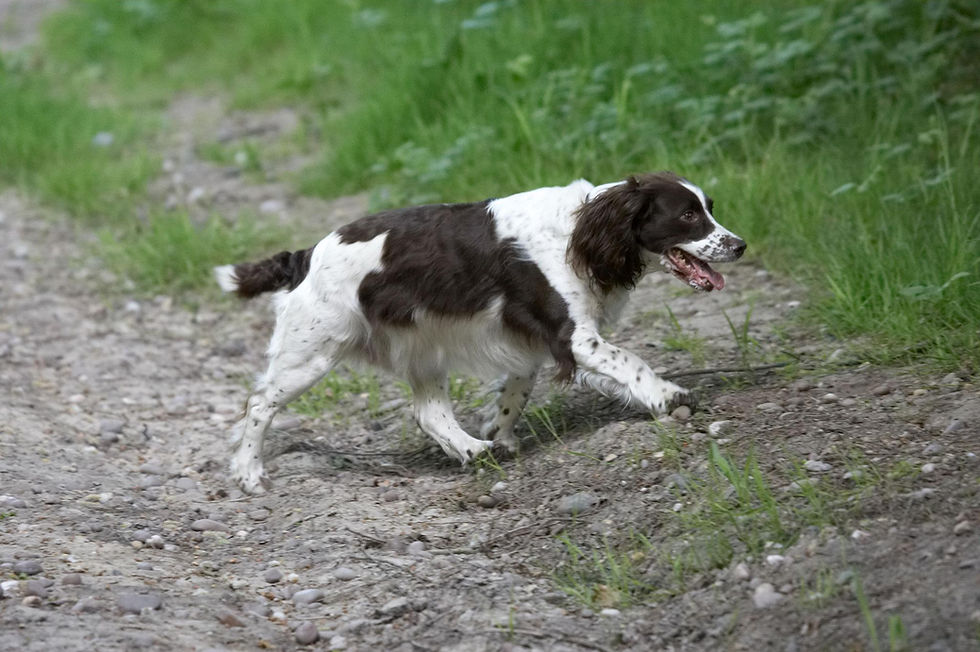“Who’s Walking Who? The Hidden Effects of Regular Dog Walkers”
- Avril Munson

- Jun 16, 2025
- 3 min read
A heartfelt reflection from thedogcalmer

We often see it as a kindness — hiring a dog walker to give our dogs what we believe they need most: exercise, companionship, fresh air, stimulation. And yes, a good dog walker can be a lifeline. For busy lives, for long work days, for unexpected changes. But there’s something we don’t always talk about — something that matters just as much as the walk itself.
Because every moment your dog spends with someone, they’re learning from them. They’re bonding. And in those regular, repeated outings, your dog isn’t just stretching their legs — they’re deepening a relationship. But whose relationship?
If your dog spends more quality, focused, consistent time with their dog walker than they do with you — it’s very likely their behaviour, their responses, and even their emotional loyalty may begin to reflect that person’s handling. Their cues. Their expectations. Their tone of voice. Their energy. Their boundaries. Not yours.

And here’s something many people miss: the games played during those walks. Games that may not align with your values or what your dog actually needs. Is your puppy being encouraged to play off-lead with other dogs during every outing? Are they learning that walk time equals play time, or that the lead comes off and the fun begins the moment they leave your front door?
These experiences shape your dog’s expectations. If your puppy is being allowed to run free and play with every dog they see, it may feel joyful — but it can also set up unrealistic social expectations. Dogs aren’t automatically friends, and constant dog-on-dog interaction can actually lead to frustration, overexcitement, or even reactive behaviours down the line.
Young dogs need to learn that sometimes we just walk. That sometimes, we see other dogs but don’t go over. That the lead stays on and it’s not the end of the world. They need to learn to be calm around distractions. They need to learn how to say “yes” — and just as importantly, how to take “no” for an answer.
Because a puppy who never hears “no” becomes a dog who doesn’t understand boundaries — not just with you, but with the world.

So what can you do?
🌿 If you do use a dog walker regularly — brilliant. But have a clear chat with them about how you like things done. Try to align your values. Let them know the words, expectations, and games your dog knows. If you don’t want your puppy off-lead, or playing with groups of other dogs, make that clear.
🌿 Don’t let walks become just the dog walker’s domain. Walk with your dog. Even if it’s short. Even if it’s slow. Use that time to reconnect. To share the sights and smells, the turns and choices. Even ten minutes of walking with your dog, in connection, can mean more to them than an hour walking apart from you.
🌿 And if your dog’s behaviour is shifting — more excitable, harder to walk, over-eager around other dogs — pause and reflect: Who is shaping their world the most right now? The person who spends the most time guiding your dog is the person your dog will naturally follow.
It doesn’t mean you’ve lost them. But it might mean it’s time to gently step back in with more presence, more boundaries, and more shared experience.
Because in the end — your dog doesn’t just need walking. They need you.
Avril - thedogcalmer 07505277374




Comments